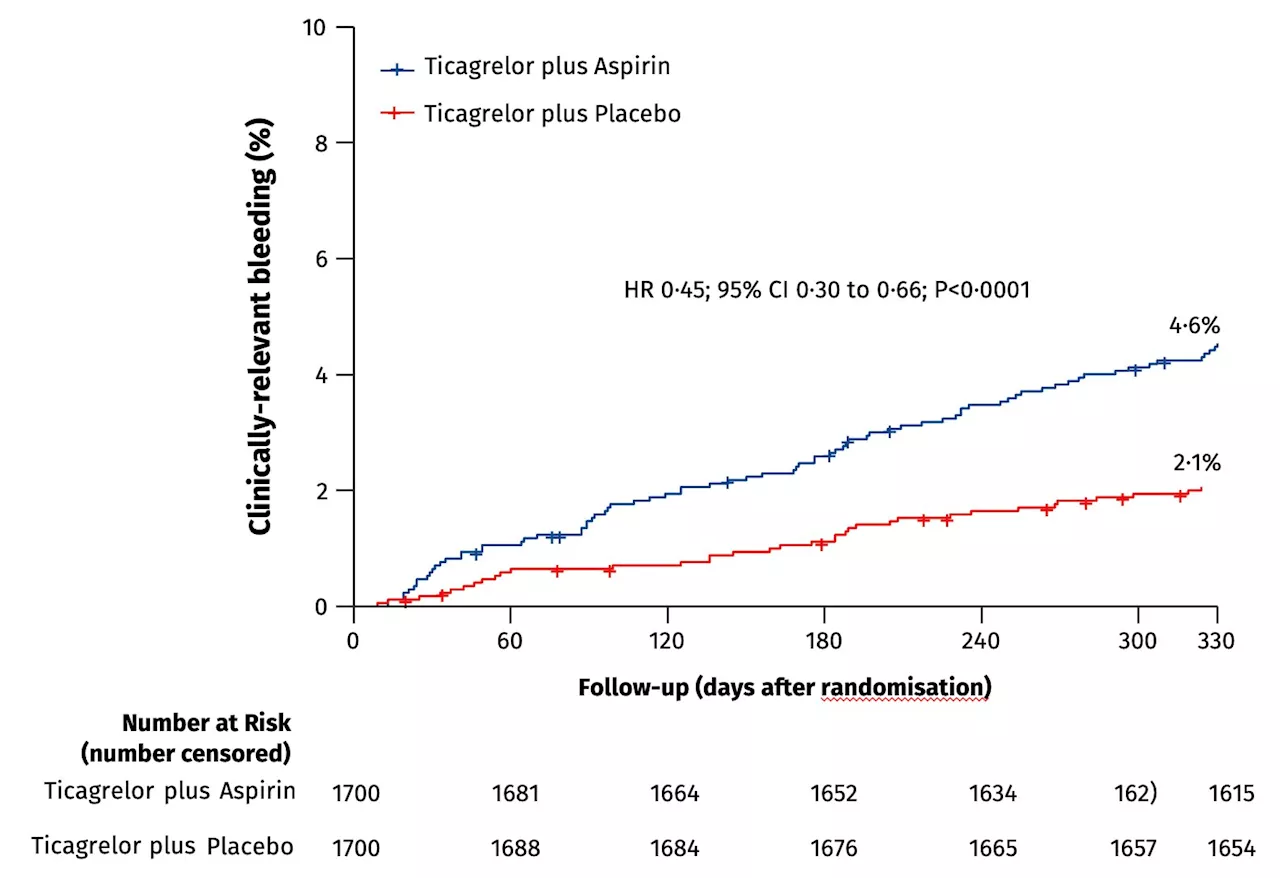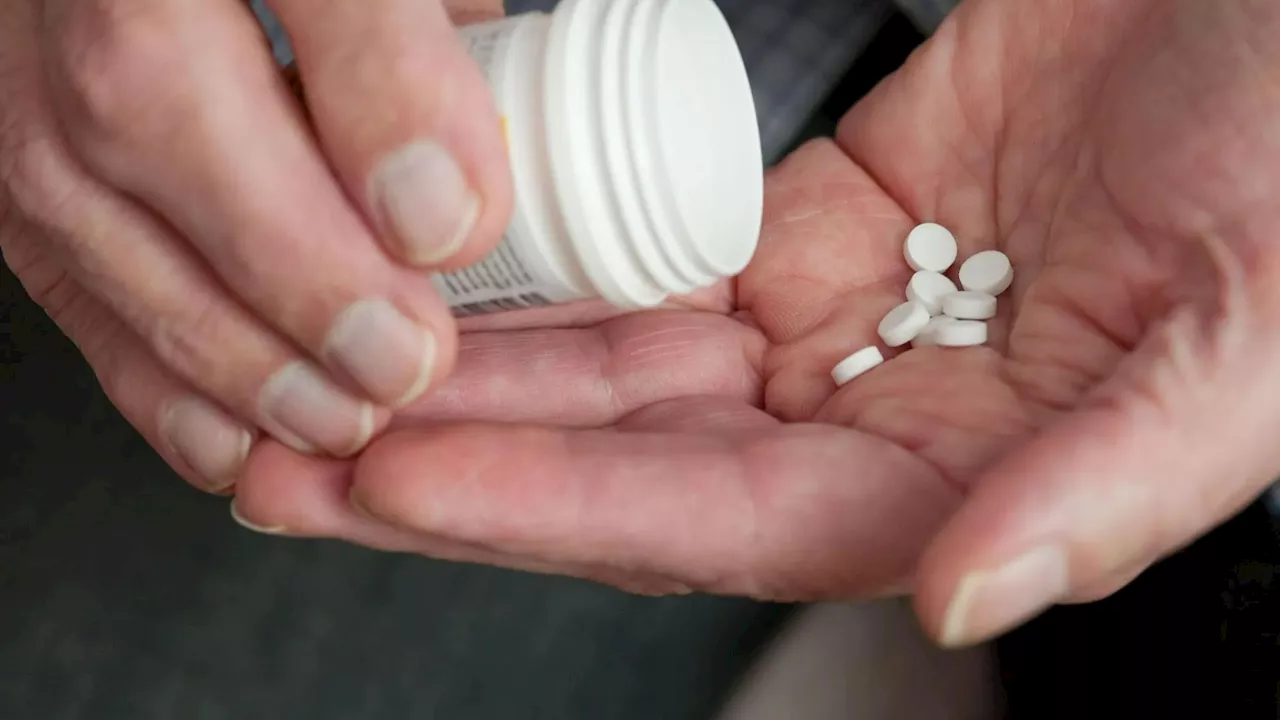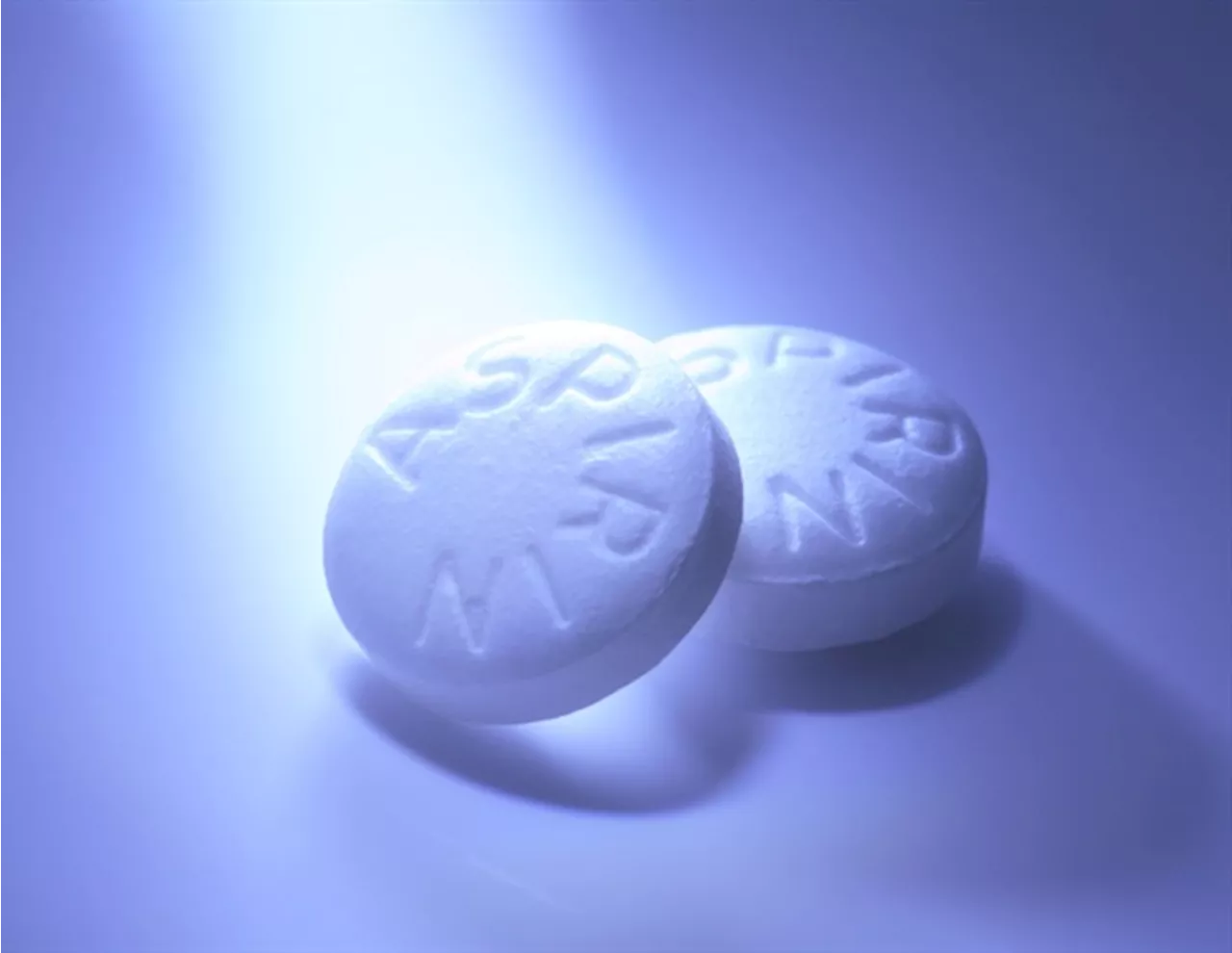Study reveals that aspirin helps the body’s immune system detect and target cancer cells.
Apr 27 2024Wiley
Long-term daily use of aspirin can help to prevent the development and progression of colorectal cancer, but the mechanisms involved have been unclear. New research has revealed that aspirin may exert these protective effects by boosting certain aspects of the body’s immune response against cancer cells. The findings are published by Wiley online in CANCER, a peer-reviewed journal of the American Cancer Society.
To investigate the effects of aspirin on colorectal cancer, investigators in Italy obtained tissue samples from 238 patients who underwent surgery for colorectal cancer in 2015–2019, 12% of whom were aspirin users. Patients were enrolled in the METACCRE section of the IMMUNOlogical microenvironment in the REctal Adenocarcinoma Treatment multicenter observational study.
Compared with tissue samples from patients who did not use aspirin, samples from aspirin users showed less cancer spread to the lymph nodes and higher infiltration of immune cells into tumors. In analyses of colorectal cancer cells in the lab, exposing the cells to aspirin caused increased expression of a protein called CD80 on certain immune cells, which enhanced the capacity of the cells to alert other immune cells of the presence of tumor-associated proteins.
Our study shows a complementary mechanism of cancer prevention or therapy with aspirin besides its classical drug mechanism involving inhibition of inflammation. Aspirin is absorbed in the colon by passive diffusion to a significant degree. Its absorption is linear and depends on concentration along the bowel, and in the rectum, the concentration of orally administered aspirin can be much lower than in the rest of the colon.
Cancer Colorectal Colorectal Cancer Colon Immune Response Immune System Research
United Kingdom Latest News, United Kingdom Headlines
Similar News:You can also read news stories similar to this one that we have collected from other news sources.
 Stopping aspirin 1 month after coronary stenting significantly reduces bleeding complications in heart attack patientsWithdrawing aspirin one month after percutaneous coronary intervention (PCI) in high-risk heart patients and keeping them on ticagrelor alone safely improves outcomes and reduces major bleeding by more than half when compared to patients taking aspirin and ticagrelor combined (also known as dual antiplatelet therapy or DAPT), which is the current...
Stopping aspirin 1 month after coronary stenting significantly reduces bleeding complications in heart attack patientsWithdrawing aspirin one month after percutaneous coronary intervention (PCI) in high-risk heart patients and keeping them on ticagrelor alone safely improves outcomes and reduces major bleeding by more than half when compared to patients taking aspirin and ticagrelor combined (also known as dual antiplatelet therapy or DAPT), which is the current...
Read more »
 How does aspirin help prevent colorectal cancer development and progression?Long-term daily use of aspirin can help to prevent the development and progression of colorectal cancer, but the mechanisms involved have been unclear. New research has revealed that aspirin may exert these protective effects by boosting certain aspects of the body's immune response against cancer cells. The findings are published in Cancer.
How does aspirin help prevent colorectal cancer development and progression?Long-term daily use of aspirin can help to prevent the development and progression of colorectal cancer, but the mechanisms involved have been unclear. New research has revealed that aspirin may exert these protective effects by boosting certain aspects of the body's immune response against cancer cells. The findings are published in Cancer.
Read more »
 An aspirin a day ‘weaponises’ immune system to hunt and destroy bowel cancer cells...Sun Health Explainer: Bowel Cancer
An aspirin a day ‘weaponises’ immune system to hunt and destroy bowel cancer cells...Sun Health Explainer: Bowel Cancer
Read more »
 Sleep strategies may boost ultramarathon performance, study findsStudy investigates sleep management's role in enhancing performance and recovery for ultramarathon runners, emphasizing strategies to counteract the negative effects of sleep deprivation.
Sleep strategies may boost ultramarathon performance, study findsStudy investigates sleep management's role in enhancing performance and recovery for ultramarathon runners, emphasizing strategies to counteract the negative effects of sleep deprivation.
Read more »
 Study finds low and high GI diets boost endurance performance over low-carb dietsA study published in Sports Medicine – Open evaluated how carbohydrate intake and glycemic index affect endurance training outcomes, showing significant effects on metabolic flexibility and glycogen storage.
Study finds low and high GI diets boost endurance performance over low-carb dietsA study published in Sports Medicine – Open evaluated how carbohydrate intake and glycemic index affect endurance training outcomes, showing significant effects on metabolic flexibility and glycogen storage.
Read more »
 Working arrangements for locum doctors pose significant patient safety challenges, finds studyWorking arrangements for locum doctors pose significant patient safety challenges for the NHS in England, although there are opportunities to be grasped too, finds qualitative research involving a broad spectrum of health professionals, published online in the journal BMJ Quality & Safety.
Working arrangements for locum doctors pose significant patient safety challenges, finds studyWorking arrangements for locum doctors pose significant patient safety challenges for the NHS in England, although there are opportunities to be grasped too, finds qualitative research involving a broad spectrum of health professionals, published online in the journal BMJ Quality & Safety.
Read more »
